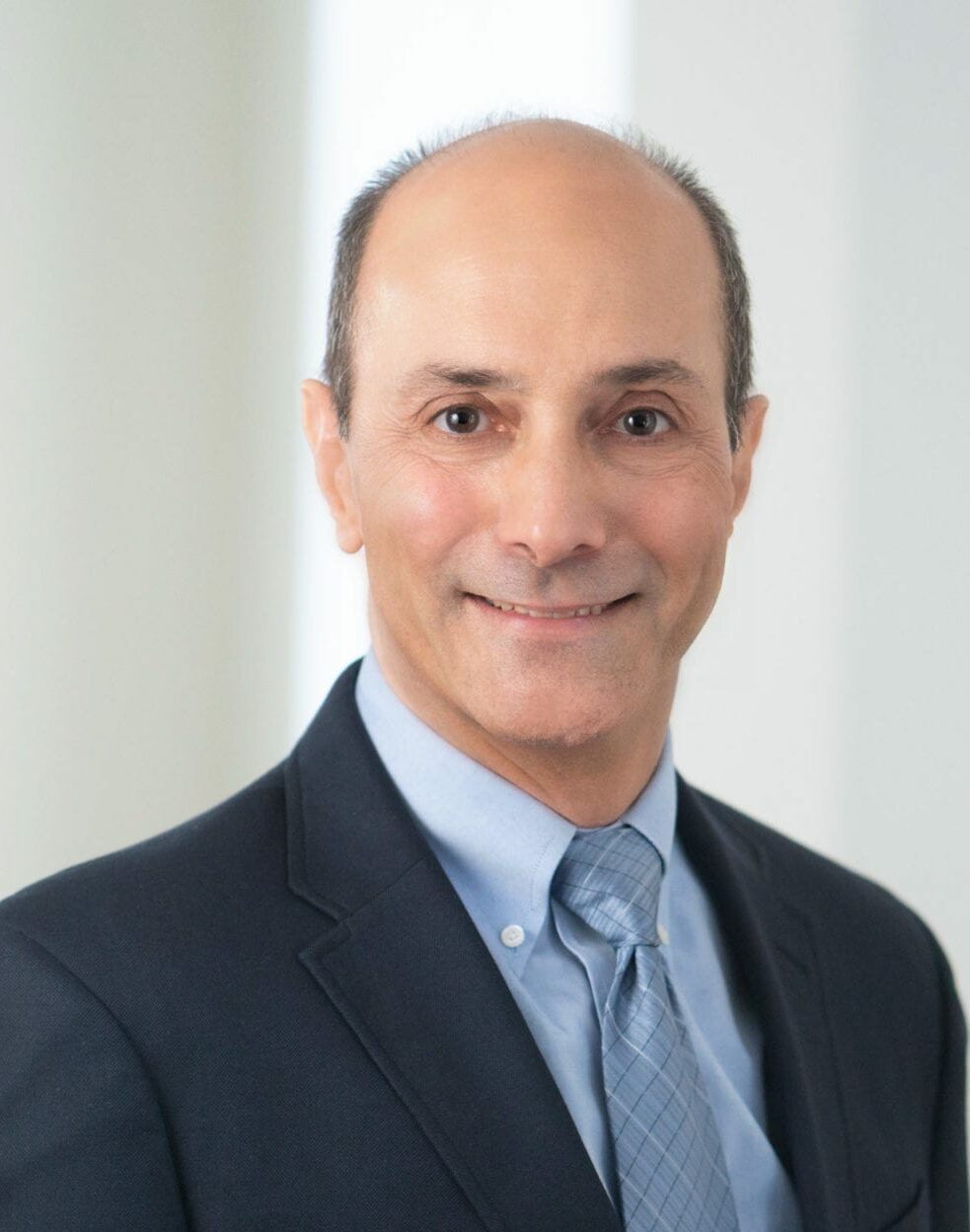Government
Eisai prices Alzheimer’s drug at $26,500, below partner Biogen’s Aduhelm
Eisai and Biogen will price their new Alzheimer’s treatment Leqembi at $26,500 per year, US CEO Ivan Cheung tells Endpoints News. With outcries over…

Eisai and Biogen will price their new Alzheimer’s treatment Leqembi at $26,500 per year, US CEO Ivan Cheung tells Endpoints News. With outcries over the pricing of the drugmakers’ previous drug, Aduhelm, all eyes are on the sticker price for the duo’s new treatment cleared by the FDA on Friday.
 David Rind
David Rind Ahead of the accelerated approval, pricing watchdog ICER said the drug would be “cost-effective” at $8,500 to $20,600, albeit the December analysis was preliminary and only considered a draft. In a statement emailed to Endpoints, ICER medical chief David Rind said anything above that “would not meet typical thresholds of cost-effectiveness.”
“Given the large number of patients with Alzheimer’s disease, it is particularly important that new therapies be priced in line with their value to patients,” Rind said.
Eisai said it estimates “the diagnosed eligible Early AD population will reach approximately 100,000 individuals by year 3.
 Ivan Cheung
Ivan CheungCheung says the Tokyo drugmaker priced Leqembi below the approximately $37,000 “societal value of medicine” that Eisai analysts formed after Phase III data showed the antibody led to a 27% decline on a cognitive function test at 18 months.
UsAgainstAlzheimer’s told Endpoints via email, “This drug should be available now.”
“But without Medicare coverage, only the wealthy who can afford to pay $26,500 a year will have access to this treatment, leaving it out of reach for millions of people living with Alzheimer’s,” the advocacy group said in a statement.
Howard Fillit, cofounder and CSO of the Alzheimer’s Drug Discovery Foundation, told Endpoints via phone: “The issue isn’t so much the monthly pricing or the annual pricing, but also the the budget impact that this could potentially have. Medicare is not supposed to consider that, so I think we’re basically talking about the cost-effectiveness models.”
The average wholesale price of biologicals for multiple sclerosis is approaching about $3,500 to $4,000 per month, so “it’s precedent for biologicals like this to have the kind of pricing that’s being proposed here,” Fillit said.
The Alzheimer’s Association called for “equitable access” of new treatments, saying last week that drugs should be “priced appropriately.” A spokesperson for the public advocacy group declined to define what that equates to in dollar figures.
Most new medicines receive scrutiny over pricing, but Leqembi will be particularly picked apart because of the Aduhelm fiasco, debates over clinical meaningfulness, heightened safety concerns in the wake of reports of patient deaths, as well as the sheer number of patients who might one day receive the drug since there are no other options to alter the course of disease. Aduhelm was initially priced at $56,000, causing uproars in Congress and elsewhere. The annual price was eventually slashed to $28,200, but sales have been abysmal in comparison to the billions in sales Biogen once expected.
A day before the approval came out, Jefferies analysts thought Aduhelm and Leqembi might be priced similarly, writing in a note: “Investors expectations are anchored close to the $28,000 annual price that Biogen and Eisai latterly adopted for Aduhelm.”
Biogen took the lead on Aduhelm pricing, whereas Eisai was in the driver’s seat this time around. Lars Lannfelt, the inventor of Leqembi and approximately 33% shareholder of Eisai partner BioArctic, called the Aduhelm pricing a “mistake” in an interview, but wouldn’t comment on Leqembi’s price other than saying it should be accessible to everyone who can benefit from it.
No matter the price, Leqembi will likely be infused in few patients at this stage, as the US government’s insurer for those over the age of 65 puts a limit on coverage of anti-amyloid drugs following the Aduhelm nod. Patients essentially have to be in a clinical trial to get coverage from the Centers for Medicare & Medicaid Services. Communications with CMS have been ongoing for months and Eisai said it doesn’t expect the limitation to get revised or lifted ahead of a full approval, which could come later this year as the drugmaker says it will almost immediately file to turn the accelerated nod into a traditional one.

Here Are the Champions! Our Top Performing Stories in 2023
It has been quite a year – not just for the psychedelic industry, but also for humanity as a whole. Volatile might not be the most elegant word for it,…
AI can already diagnose depression better than a doctor and tell you which treatment is best
Artificial intelligence (AI) shows great promise in revolutionizing the diagnosis and treatment of depression, offering more accurate diagnoses and predicting…
Scientists use organoid model to identify potential new pancreatic cancer treatment
A drug screening system that models cancers using lab-grown tissues called organoids has helped uncover a promising target for future pancreatic cancer…













